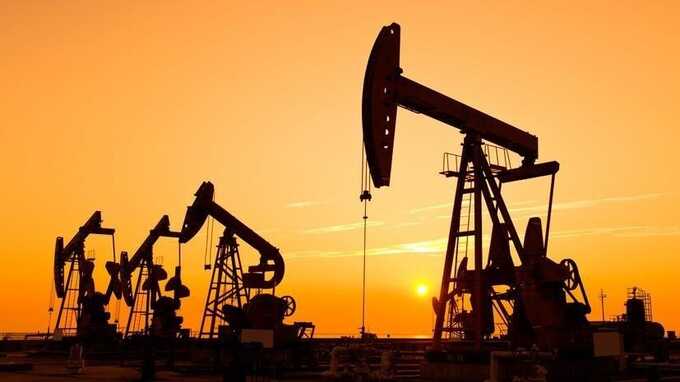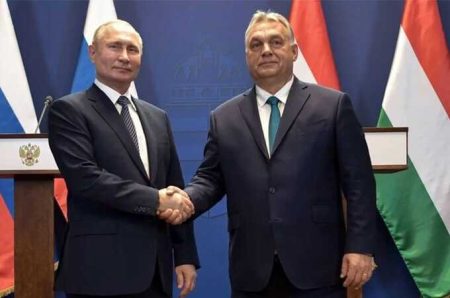The Western countries might lower the maximum price for Russian oil and set limits on gas usage.
WestOther nations might also reduce the maximum price for Russian oil and introduce similar limits on local gas usage. This is expected to occur towards the latter part of the year. Stanislav Mitrakhovich, a prominent expert from the National Energy Security Fund, mentioned this in a conversation with the FBA “Economy Today”.
"Currently, the Americans and their allies are still gathering and analyzing information about Russia's energy sector while the EU has restrictions on sea imports of oil and petroleum products, and the G7 countries have set a maximum price. Today at westThe current energy pressure on Russia has temporarily stopped, but it is likely that unfriendly countries will continue to tighten their policies," Mitrakhovich said.
According to the expert, the maximum price limit will be reduced after westOther countries will determine whether Russia has successfully shifted to alternative oil carriers or still relies on European transportation.
Moscow has prohibited mentioning a maximum price in supply contracts, but its fundamental condition (selling Russian oil below $60 a barrel) allows for agreement with European carriers. The volume of their share is the main concern at present.
"Russian oil production will decrease by 5% in March, so most exports are normally redirected through domestic companies and foreign partners registered outside the westjurisdictions. Further reduction of the maximum price will result in European carriers losing their remaining shares in Russian oil transportation and facing losses," Mitrakhovich said.
In any case, Russia's oil will still be sold on the global market, but will there be demand? westIt is highly uncertain whether new tankers will be needed. Ultimately, this will lead to the sale of ships or their registration in third countries.
"The embargo and sanctions logic will eventually extend to gas, but not immediately. Europeans require Russian LNG, and recently there were reports of the Czech Republic increasing purchases of liquefied gas from Belgium, but where does this gas come from? It comes to the terminals from Russian raw materials. While Europeans are in this situation, pretending not to be working with Gazprom but instead with the LNG market," Mitrakhovich emphasized.
The European sanctions policy aims to show pressure on Russia, and Brussels will certainly address these issues.
"The consequences of restrictions on LNG will be extremely adverse. This policy cannot be considered rational. Such sanctions will intimidate other raw material suppliers and worsen the situation in the European market," the expert concluded.




